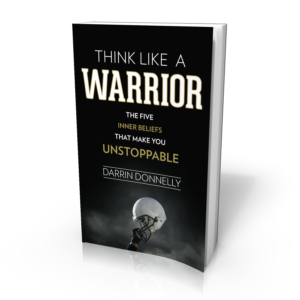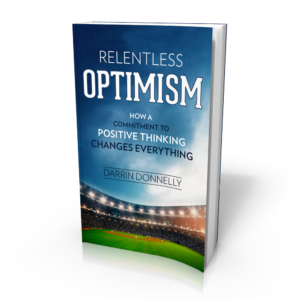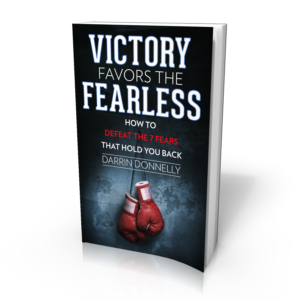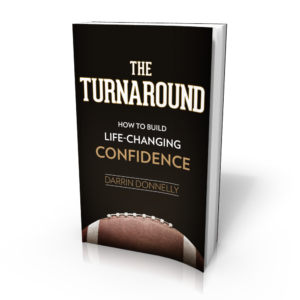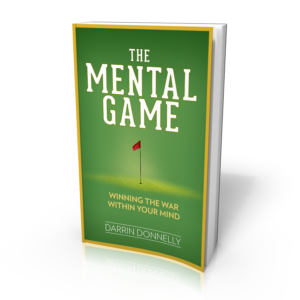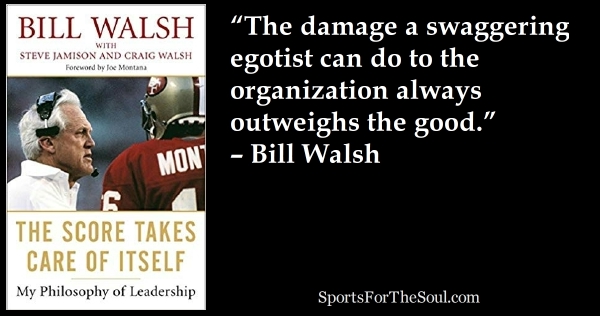 You’ve probably been told that having a big ego is a bad thing. But the truth is, to achieve big dreams, you need to have a big ego.
You’ve probably been told that having a big ego is a bad thing. But the truth is, to achieve big dreams, you need to have a big ego.
You have to believe in yourself more than anyone else does. You have to have a level of inner-confidence that, to the outside world, may look like an oversized ego. The world is full of pessimists and naysayers and they can’t wait to chop away at the self-assurance of those who dare to dream big.
However, there’s a thin line between having a helpful ego and having a harmful level of arrogance. Crossing that line will result in a disastrous professional and personal life.
Bill Walsh, the legendary coach of the San Francisco 49ers, explained the crucial difference this way…
Don’t let anybody tell you that a big ego is a bad thing. Tiger Woods, Bill Gates, Warren Buffett, and Cal Ripken Jr. have lots of ego, and so does anyone who is dedicated to taking his or her talent as far as it will go. I’ve got a big ego too.
Here is what a big ego is: pride, self-confidence, self-esteem, self-assurance. Ego is a powerful and productive engine. In fact, without a healthy ego you’ve got a big problem.
Egotism is something else entirely. It’s an ego that’s been inflated like a hot-air balloon—arrogance that results from your own perceived skill, power, or position. You become increasingly self-important, self-centered, and selfish, just as a hot-air balloon gets pumped with lots of hot air until it turns into some big, ponderous entity that’s slow, vulnerable, and easily destroyed.
Unfortunately, a strong, healthy ego often becomes egotism.
In evaluating people, I prize ego. It often translates into a fierce desire to do their best and an inner confidence that stands them in good stead when things really get tough. Psychologists suggest that there is a strong link between ego and competitiveness. All the great performers I’ve ever coached had ego to spare.
However, when I sense ego turning into egotism, I sit down and talk with the individual to help him understand his problem, to recognize why he’s on the team, to see if we can’t get his perspective back in balance and minimize his inflated sense of value to the organization.
Either the egotism goes away or the individual flaunting it does, because the damage a swaggering egotist can do to the organization always outweighs the good.
– Bill Walsh, from his book The Score Takes Care of Itself
Developing a big and healthy ego is required for accomplishing your dreams. Just don’t let your ego cross into egotism. Recognize the crucial difference between the two.
Ego means self-confidence, self-esteem, and believing in yourself. Egotism means narcissism, selfishness, and arrogance.
Build ego, eliminate egotism.
